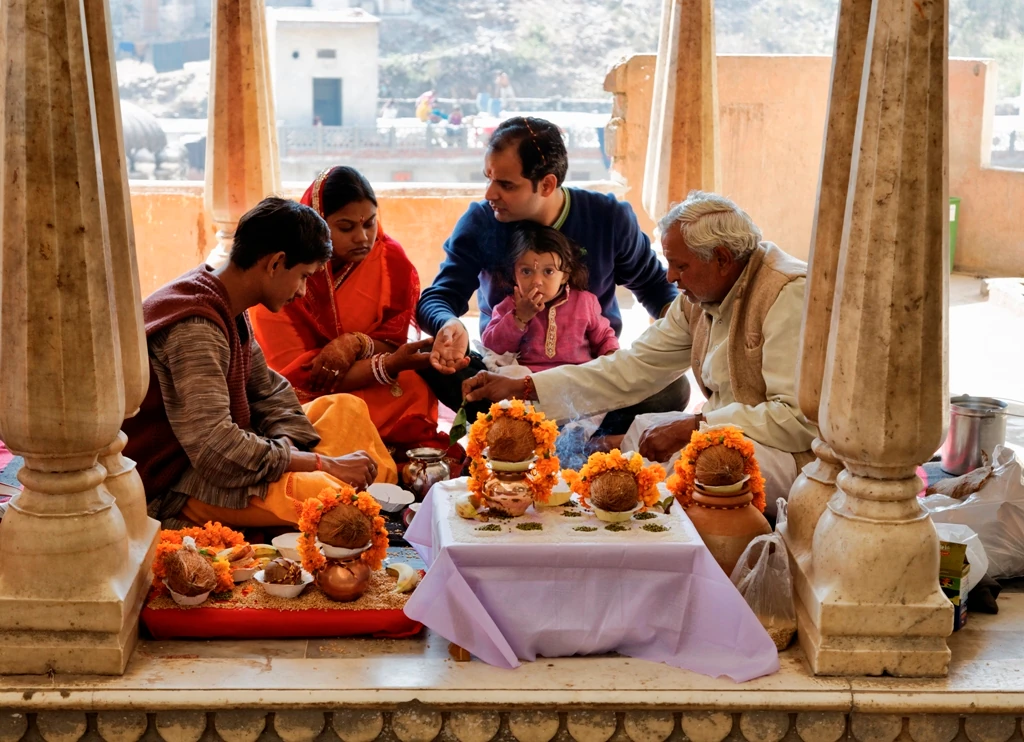“Preserving Indigenous Culture: Honoring Traditions and Heritage for a More Inclusive World”
Preserving Indigenous culture and honoring traditions and heritage is not only important for Indigenous communities but also for society as a whole. Indigenous cultures are rich in history, knowledge, and unique ways of life that contribute to the diversity of our global cultural tapestry. However, many Indigenous cultures are at risk of being lost due to historical injustices, modernization, and globalization.

Here are some key ways to preserve Indigenous culture and honor their traditions and heritage:
- Respect and Acknowledge Indigenous Sovereignty: The first step in preserving Indigenous culture is recognizing the sovereignty of Indigenous nations and communities. Indigenous peoples have distinct rights, including the right to self-determination, land rights, and cultural rights. Respecting these rights is essential for preserving their cultures.
- Cultural Revitalization: Many Indigenous cultures have faced forced assimilation and cultural suppression in the past. Efforts should be made to support cultural revitalization initiatives. This includes language revitalization programs, traditional art and craft workshops, and the transmission of traditional knowledge from elders to younger generations.
- Preservation of Language: Language is a crucial aspect of any culture, and many Indigenous languages are endangered. Initiatives to document, teach, and revitalize Indigenous languages should be supported. Language immersion programs, dictionaries, and educational resources can help in this regard.
- Support Indigenous Education: Providing access to quality education that respects and incorporates Indigenous knowledge and culture is vital. Indigenous-led educational institutions and curricula should be promoted.
- Respect for Sacred Sites: Many Indigenous cultures have sacred sites and areas of cultural significance. These should be respected and protected from development that could harm them. Consultation with Indigenous communities should be a part of any land-use planning process.
- Promote Traditional Arts and Crafts: Encourage and support the creation and sale of traditional Indigenous arts and crafts. This not only preserves cultural practices but also provides economic opportunities for Indigenous communities.
- Foster Cross-Cultural Understanding: Promote intercultural dialogues and exchanges that allow for a better understanding of Indigenous cultures. This can help dispel stereotypes and foster respect and appreciation.
- Advocate for Legal Protections: Lobby for legal protections of Indigenous intellectual property, cultural expressions, and traditional knowledge. Intellectual property laws should recognize and respect Indigenous ownership and control over their cultural heritage.
- Support Indigenous-Owned Businesses: Purchase goods and services from Indigenous-owned businesses. This economic support can help sustain Indigenous communities and their traditions.
- Advocate for Land Rights: Land is often at the heart of Indigenous cultures. Support Indigenous land rights movements, which are critical for the preservation of their way of life and cultural practices.
- Listen and Learn: The most important aspect of preserving Indigenous culture is to listen to Indigenous communities themselves. They are the best advocates for their own heritage, and their input and guidance should be central to any preservation efforts.









